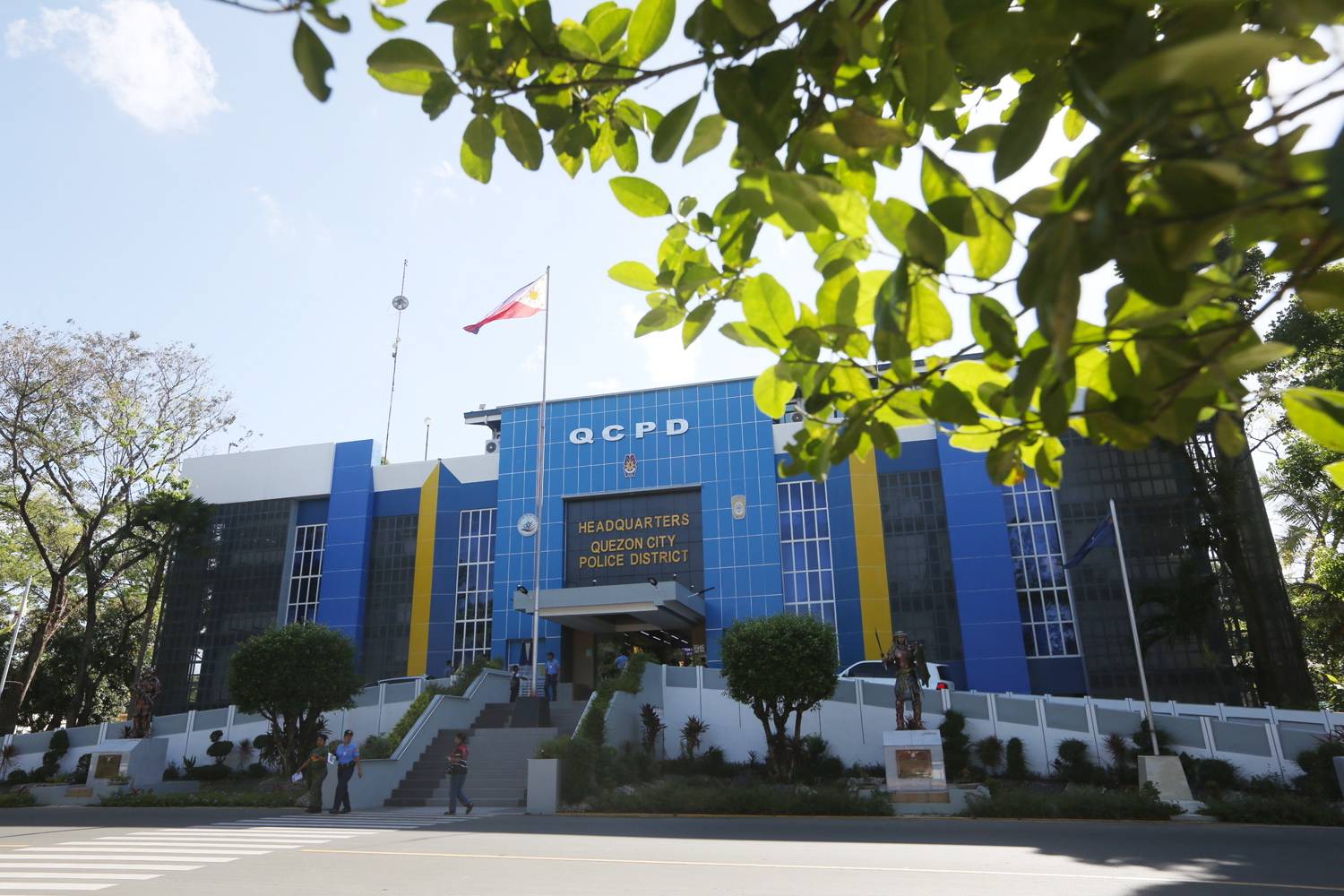‘Tokhang’ victim to SC: Reinstate case vs 4 cops

Efren Morillo, who survived a police “tokhang” operation in Payatas, Quezon City, in 2016 that killed four other men, has challenged before the Supreme Court the Ombudsman’s dismissal of murder charges against the four lawmen implicated in the case.
In a petition for certiorari filed on Monday by his legal counsel, the Center for International Law Philippines (CenterLaw), Morillo asked the high tribunal to junk the Ombudsman’s resolution and order, which dismissed the criminal and administrative complaints for murders, frustrated murder, robbery and grave misconduct against Police Capt. Emil Garcia, Police Staff Sergeant Allan Formilleza and Patrolmen James Aggarao and Melchor Navisaga of the Quezon City Police District (QCPD).
Morillo was joined by his co-petitioners Marilyn Malimban, Maria Belen Daa and Lydia Gabo, the relatives of the four men killed in the drug war operation.
Together, they asked the high court to step in and order the Ombudsman to find probable cause to indict the four police officers and six other private respondents identified as Maria Lorena Barcelona, Ma. Leonila Barcelona-Tolones, Mary Joy Ralo, Richard Rinon, John Doe and Peter Doe for murder, frustrated murder, robbery and planting of evidence.
CenterLaw simultaneously filed a separate petition for certiorari before the Court of Appeals to challenge the dismissal of the administrative complaint against the Quezon City policemen.
The case stemmed from the Aug. 21, 2016, antidrug operation of a QCPD team, which, according to Morillo’s affidavit, barged into a house in Payatas and shot him and four others as they were playing billiards.
Anthony Comendo, Jessie Cule, Rhaffy Gabo and Marcelo Daa Jr., the house owner, were killed.
Double whammy
Morillo, who was hit in the chest, survived by playing dead. He then managed to crawl down a nearby ravine before fleeing on foot. The police claimed the five men were armed and had fired at them.

Quezon City Mayor Joy Belmonte together with Quezon City Police District (QCPD), Dist. Dir. PBGen Redrico Maranan, take part in the “A Million Trees Begin with One: Quezon City’s One Million Tree Initiative”, at the QCPD headquarters in Camp Karingal, March 5, 2024. The QCPD aims to transform Camp Karingal into an environmentally friendly camp that is aligned with the environmental programs and advocacies of the Quezon City local government.
INQUIRER PHOTO / NINO JESUS ORBETA
In a joint resolution dated Nov. 28, 2022, the Ombudsman dismissed the criminal and administrative complaint against the policemen for lack of probable cause and substantial evidence. It also later denied a motion for reconsideration filed by the petitioners in a joint order issued on March 22.
“Taken altogether, these decisions of the Ombudsman show capricious or whimsical exercise of judgment done in an arbitrary and despotic manner, amounting to a virtual refusal to perform its duty to file an information when the evidence clearly warrants it,” read a portion of Morillo’s petition obtained by the Inquirer.
In challenging the Ombudsman’s ruling, CenterLaw said that its decision was “tainted with grave abuse of discretion amounting to lack or excess of jurisdiction” when it dismissed the criminal charges against the QCPD policemen.
It also argued that there was enough evidence to charge the police officers with the crimes based on affidavits and supporting documents, which included statements from multiple witnesses, medicolegal reports and court decisions and records.
Baseless conclusion
“Probable cause needs only to rest on evidence showing that more likely than not a crime has been committed and there is enough reason to believe that it was committed by the accused. Proof beyond reasonable doubt enough to secure a conviction is not required,” the petitioners said.
They also claimed that the Ombudsman “intentionally overlooked the dearth of evidence and the inconsistencies and irregularities in the documents submitted by the respondents to arrive at the baseless conclusion that justifying circumstances exist in the present case.”
The Ombudsman had said in its resolution that the lawmen were “able to establish” that they were conducting a legitimate anti-illegal drug operation.
“This is clear from the documents submitted by the respondents. It is unfortunate, however, that the police operation resulted in deaths,” it added.

















